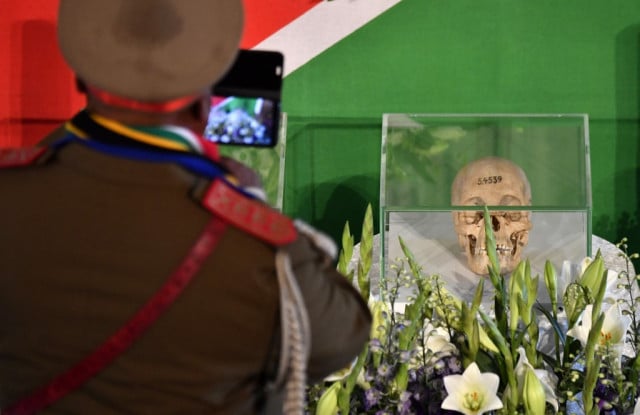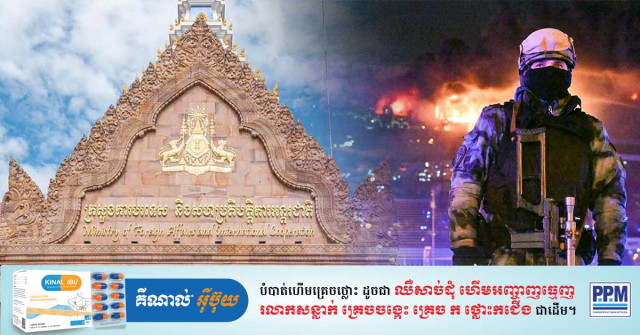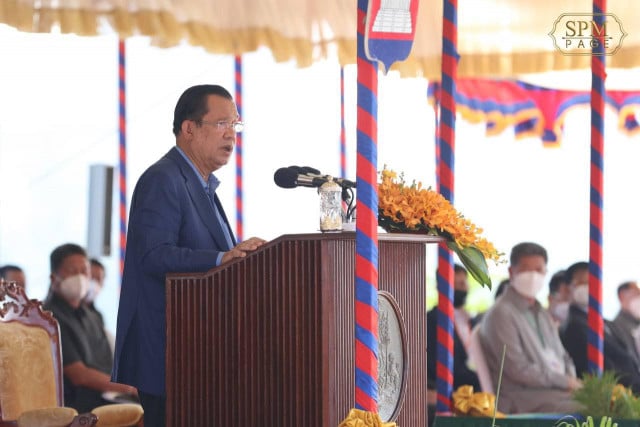Germany's genocide recognition 'step in right direction': Namibia

- Agence France-Presse
- May 28, 2021 10:48 AM
Windhoek, Namibia | Namibia said Germany's acknowledgement on Friday that it had committed genocide during its colonial occupation of the southwest African country was a "step in the right direction."
The announcement in Berlin culminates five years of negotiations over an issue that has poisoned relations for decades.
"The acceptance on the part of Germany that a genocide was committed is the first step in the right direction," President Hage Geingob's spokesman, Alfredo Hengari, told AFP.
"It is the basis for the second step, which is an apology, to be followed by reparations," he said.
As rumours filtered that a deal was looming, affected ethnic groups had indicated in a statement last week that they would spurn any "meaningless and sell-out" agreement.
A Herero leader on Friday accused the government of being arm-twisted into the accord.
"We will not accept any outcome between these two governments," Mutjinde Katjiua, secretary general of the Ovaherero Traditional Authority (OTA), told AFP.
Namibia was colonised by Germany from 1884 to 1915 during the so-called Scramble for Africa by European powers.
In its announcement, Germany recognised that genocide had been committed in Namibia during its occupation.
It also promised financial support worth more than one billion euros ($1.22 billion) as a gesture to "recognise the immense suffering inflicted on the victims."
Initially retaliating for attacks on colonial settlers, imperial German troops killed tens of thousands of indigenous Herero and Nama people between 1904-1908.
General Lothar von Trotha, under the direct command of Kaiser Wilhelm II, signed a notorious "extermination order" against the Herero in October 1904.
"Within the German boundaries, every Herero, with or without a gun, with or without livestock, will be shot dead," he said.
Survivors were sent to concentration camps,
Some historians have called the massacres the first genocide of the 20th century.
Berlin had previously acknowledged that atrocities occurred at the hands of its colonial authorities, but repeatedly refused to pay direct reparations.
"We will now officially refer to these events as what they are from today's perspective: genocide," Foreign Minister Heiko Maas said in Friday's statement.
"In light of the historical and moral responsibility of Germany, we will ask forgiveness from Namibia and the victims' descendants" for the "atrocities" committed, Maas said.
The money pledged by Germany will fund "reconstruction" and "development" projects in Namibia.
The sum will be paid over 30 years, according to sources close to the negotiations, and must primarily benefit the descendants of the Herero and Nama.
President Geingob will convene in the coming weeks meetings with the affected communities in a bid to work out the "implementation modalities of what has been agreed with Germany," Hengari said in a text message.
© Agence France-Presse















